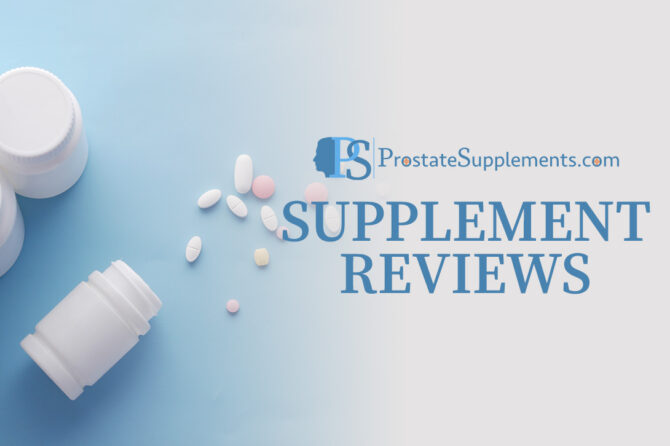
Collagen and Hair Loss: An In-Depth Supplement Review
Hair loss is a common concern affecting millions of individuals worldwide. While various treatments exist, collagen supplements have gained popularity due to their potential benefits for hair health. This article delves into the effects of collagen on hair loss, providing a comprehensive review of its specifications, active ingredients, chemical composition, ingestion methods, and their individual impacts on hair health.
Specifications of Collagen
Collagen is a structural protein found abundantly in the body, making up a significant portion of our skin, bones, and connective tissues. For hair health, the type of collagen and its purity are crucial. Typically, hydrolyzed collagen (collagen peptides) is used in supplements because it is easily absorbed by the body.
- Type I Collagen: Predominantly found in skin, tendons, and ligaments, and is believed to promote skin and hair health.
- Type II Collagen: Mainly found in cartilage and used for joint health, with less direct impact on hair.
- Type III Collagen: Found in skin, muscles, and blood vessels, and often paired with Type I in supplements.
Active Ingredients in Collagen Supplements
- Hydrolyzed Collagen Peptides: These are collagen molecules broken down into smaller peptides for easier absorption. They are the primary active ingredient in most collagen supplements.
- Vitamin C: Often included in collagen supplements because it plays a crucial role in collagen synthesis within the body.
- Biotin: Also known as vitamin B7, biotin is commonly added for its well-known benefits to hair health.
- Hyaluronic Acid: Included for its ability to retain moisture, which can improve skin and scalp health.
Chemical Composition of Collagen
Collagen is composed of amino acids, the building blocks of proteins. The primary amino acids in collagen are:
- Glycine: Constitutes about one-third of collagen and is vital for its structural integrity.
- Proline: Important for collagen stability and strength.
- Hydroxyproline: Stabilizes the collagen triple-helix structure.
- Arginine: Plays a role in protein synthesis and cell division.
Ingestion Methods
Collagen supplements are available in various forms, each with different ingestion methods:
- Powdered Collagen: The most common form, which can be mixed into water, smoothies, or other beverages.
- Collagen Capsules/Tablets: Convenient for those who prefer a quick, no-mix option.
- Liquid Collagen: Provides a ready-to-drink option, often flavored for better taste.
- Collagen Gummies: An easy-to-consume and often tastier option for those who dislike pills or powders.
Effects of Collagen on Treating Hair Loss
- Supports Hair Follicle Structure: Collagen provides essential amino acids that are crucial for maintaining and strengthening hair follicles.
- Improves Scalp Health: By improving skin elasticity and hydration, collagen can enhance scalp health, creating a better environment for hair growth.
- Reduces Hair Thinning: Regular intake of collagen can help in reducing hair thinning and promoting thicker, fuller hair.
- Antioxidant Properties: Collagen can fight free radicals, which damage hair follicles and contribute to hair loss.
- Enhances Protein Synthesis: The amino acids in collagen support the synthesis of keratin, a protein essential for strong and healthy hair.
Conclusion
Collagen supplements offer a promising solution for hair loss by supporting the structural integrity of hair follicles, improving scalp health, reducing hair thinning, and providing essential amino acids for hair growth. With various ingestion methods available, incorporating collagen into your routine can be convenient and beneficial.
Leave a reply

Leave a reply